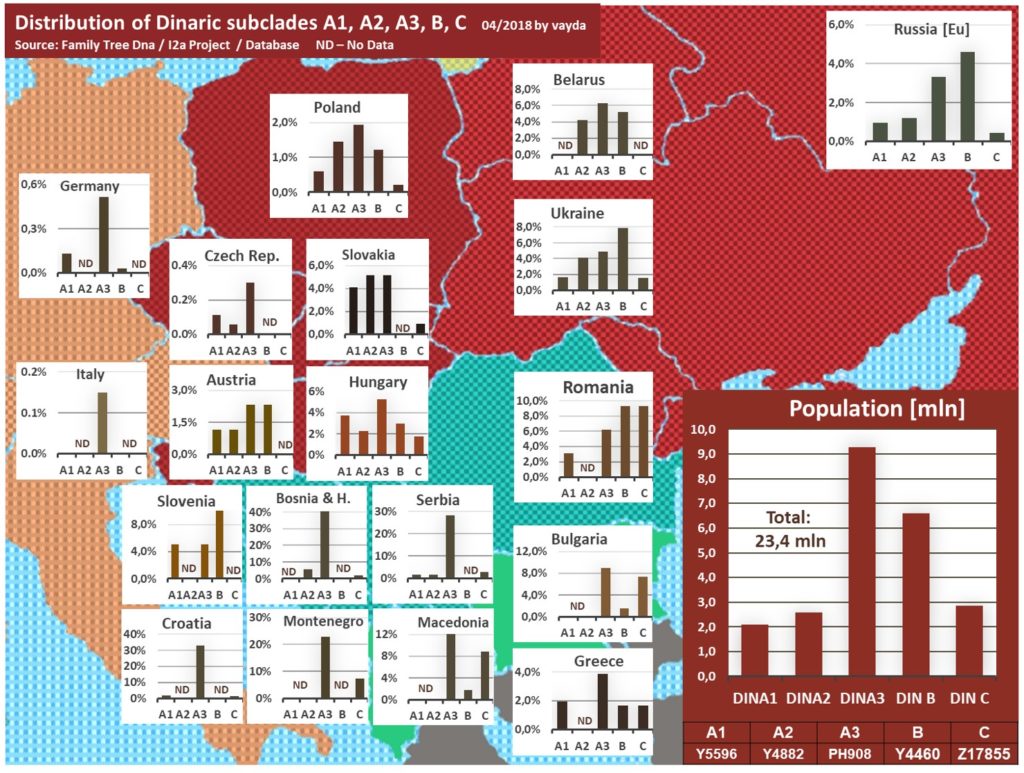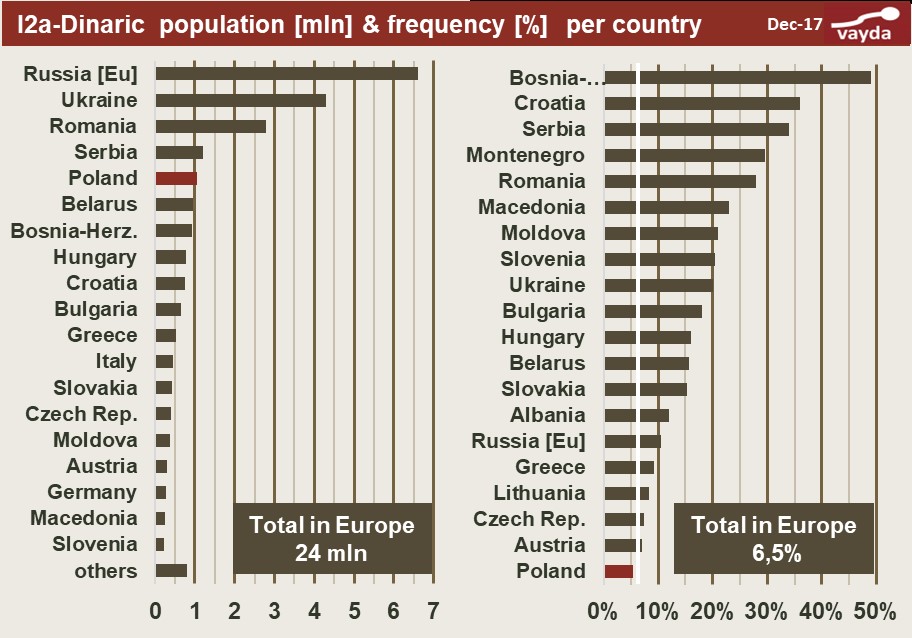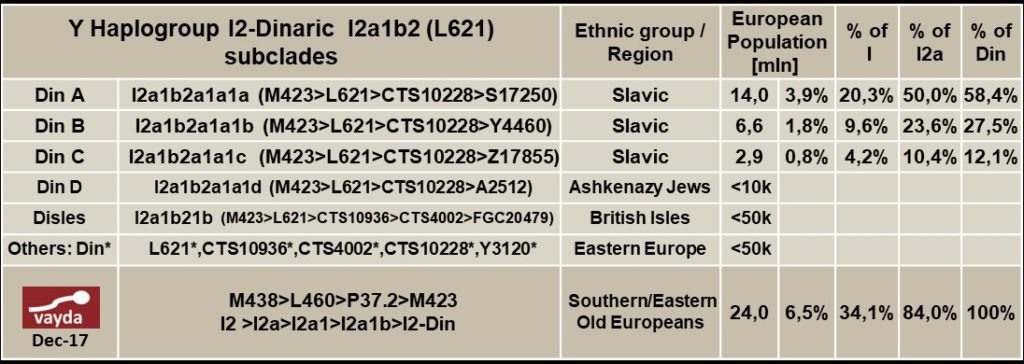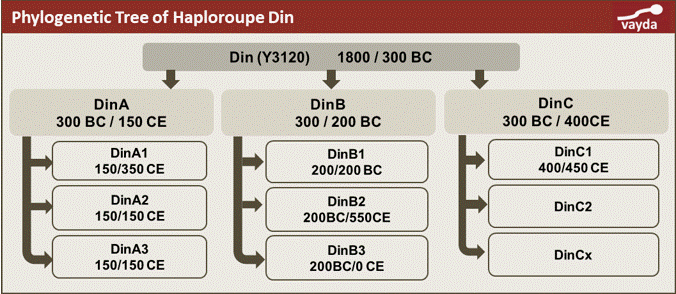We didn't establish that Serbo-Croatian was ever one language, not in linguistic sense, only politically. The fact is that it's a political effort in the 2nd half of the 20th century with a relatively short duration. It was a Frankenstein made up to give the citizens a new Yugoslavian identity.
No, linguistically what we call Serbo-Croatian is 100% one language with several dialects that share a common genetic descent. You can call this grouping whatever you want, 'Serbo-Croatian' is just the naming convention that I use for convenience sake.






